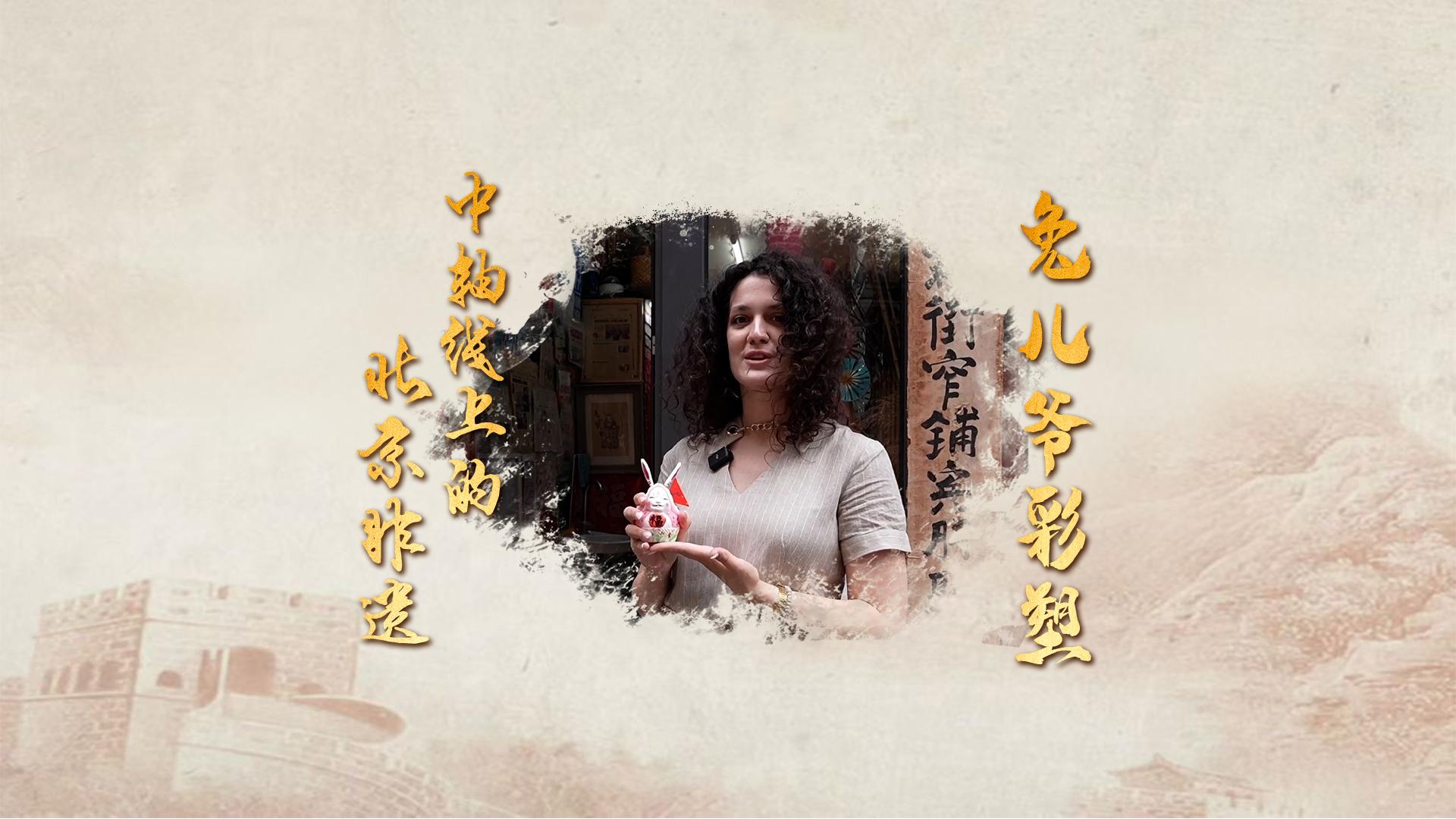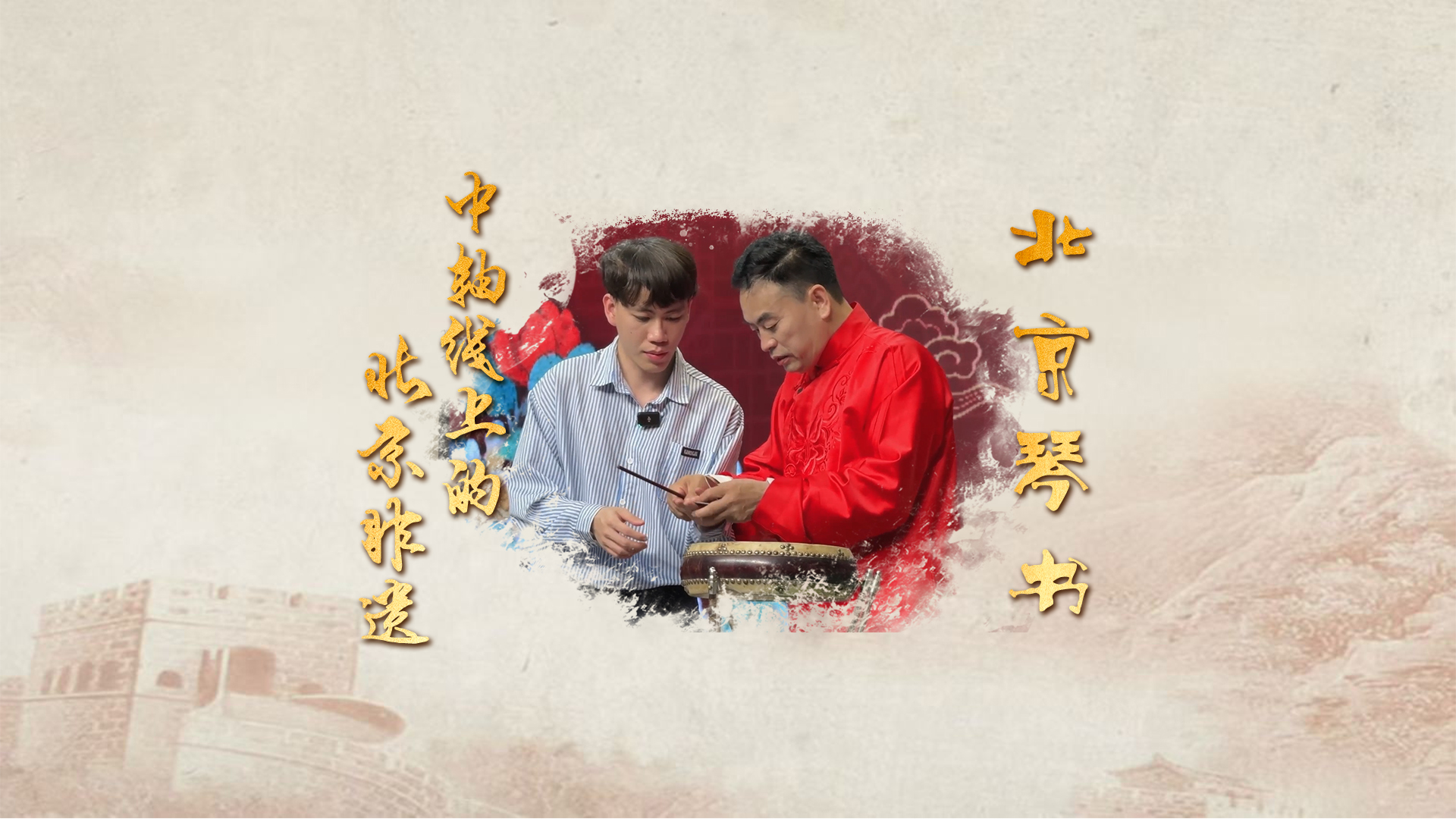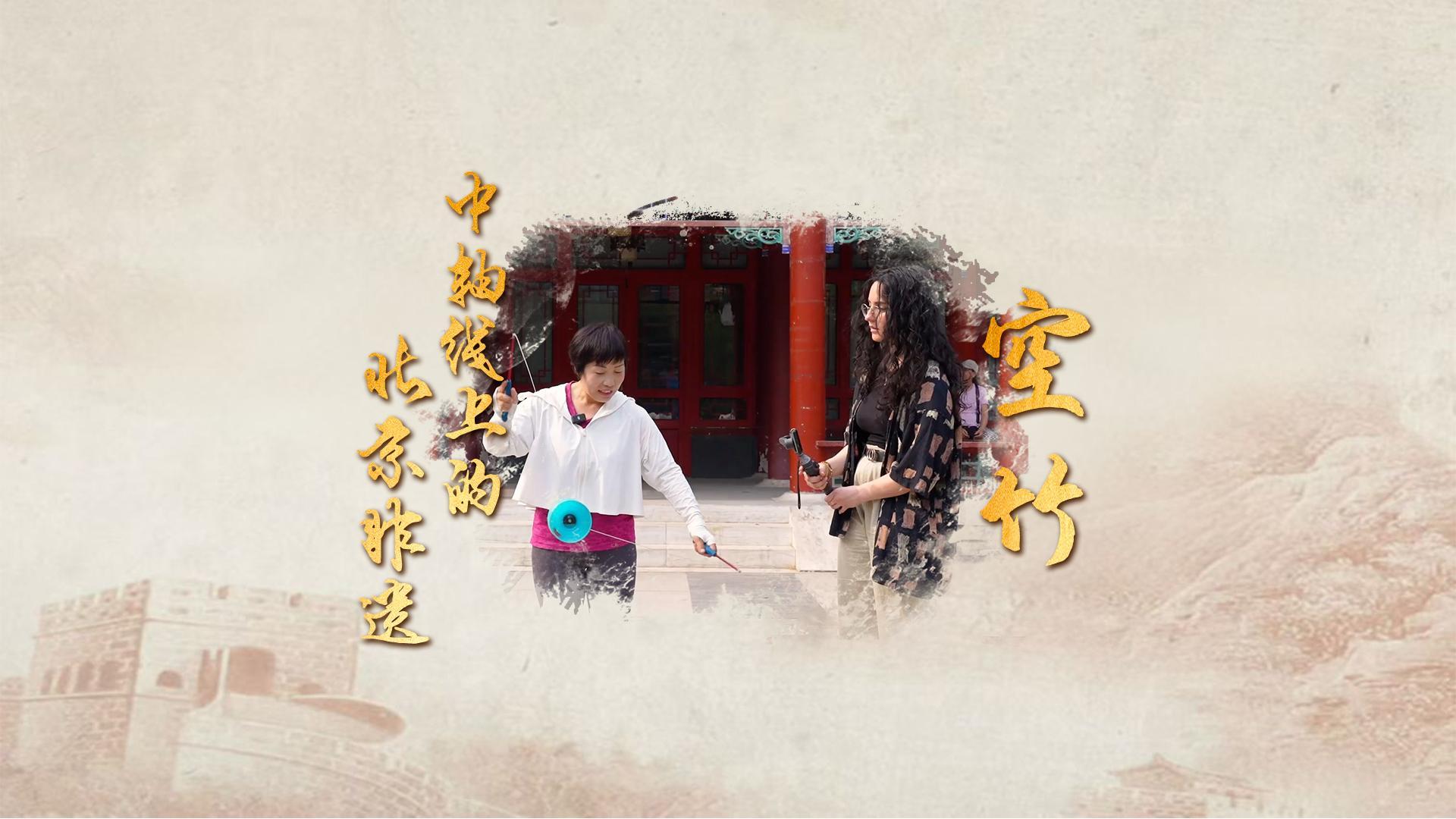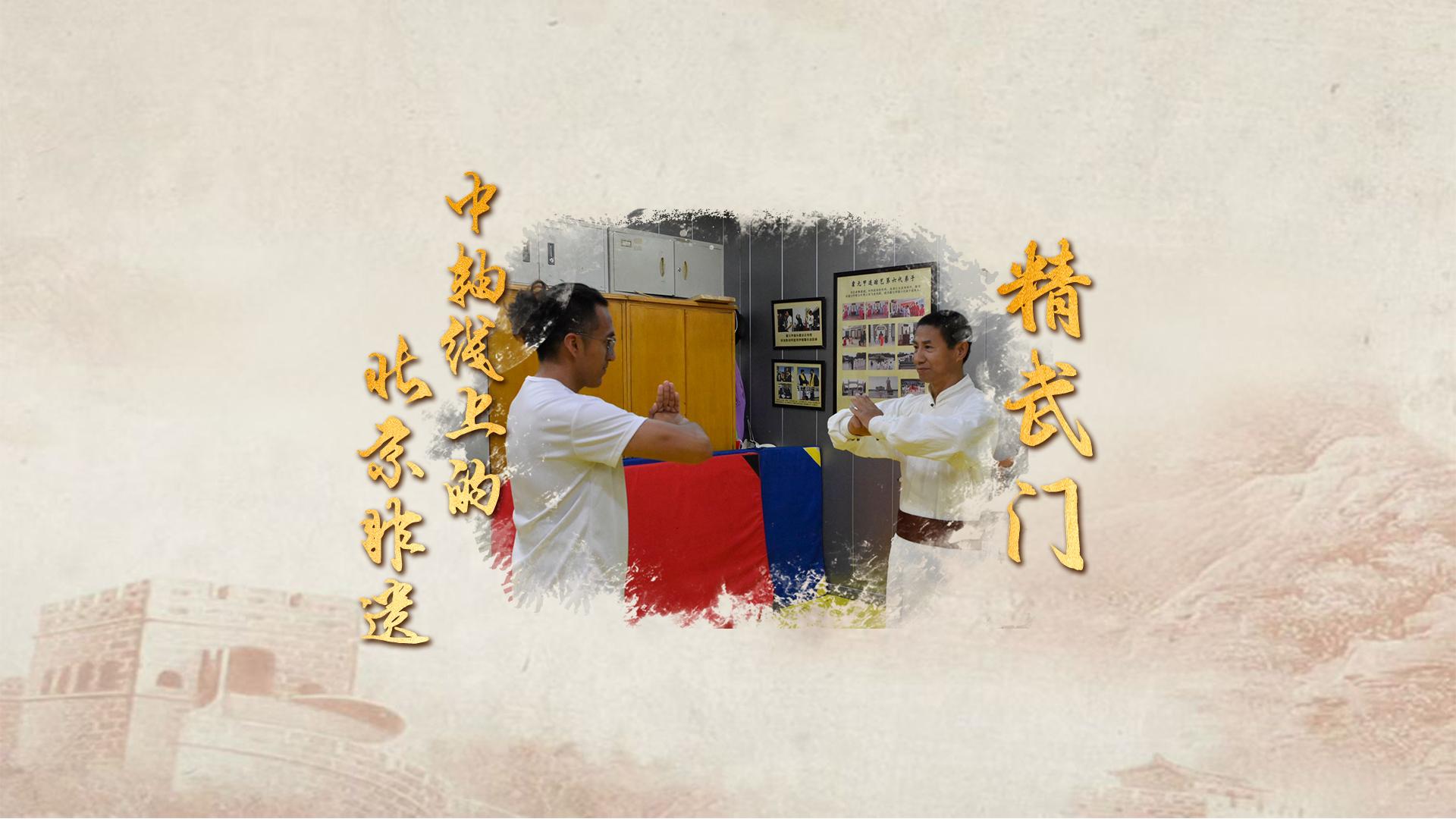精武門:跨越時空的武術傳奇
撰稿:代與時
“萬里長城永不倒,千里黃河水滔滔......”這首家喻戶曉的《萬里長城永不倒》是1983年港劇《大俠霍元甲》的主題曲。也正是從那時起,“精武門”成為華語影視劇的知名IP,相關題材的影視作品層出不窮,在全國掀起經久不衰的學武浪潮。
The Great Wall stands tall, the Yellow River flows endlessly…”. This well-known song "The Great Wall Stands Tall" is the theme song of the 1983 Hong Kong drama "The Legendary Fok". “Jingwu” has become a well-known franchise in Chinese film and television dramas. Film and television works on related themes have emerged one after another, setting off a long-lasting wave of martial arts learning across the country.
精武門的原型,乃是1910年以霍元甲為首的愛國志士成立的中國精武體操會。秉持著“愛國、修身、正義、助人”的精武精神和“乃文乃武,惟精惟一”的宗旨,如今精武門的意義已遠超它本來的內容,成為華夏子孫的一種民族情愫。2014年,精武武術經國務院批准列入第四批國家級非物質文化遺産名錄。
The prototype of Fist of Fury is the Chin Woo Athletic Federation established in 1910 by patriots headed by Huo Yuanjia. Upholding the Jingwu ethos of “patriotism, moral cultivation, justice, and altruism” and the purpose of "Excelling in both literature and martial arts, striving for excellence in all pursuits”. The significance of Fist of Fury has now far exceeded its original content and has become a national sentiment for the descendants of China. . In 2014, Jingwu martial arts was approved by the State Council to be included in the fourth batch of national intangible cultural heritage lists.
在北京市昌平區宏福苑的一排商鋪中,就隱藏著一家頗具傳奇色彩的武館——精武門霍元甲迷蹤武道道館。這家道館的主人,正是霍元甲迷蹤拳的第五代傳人劉飛龍。
Hidden in a row of shops in Hongfuyuan, Changping District, Beijing, there is a legendary martial arts gym - Jingwu Huo Yuanjia Maze fist Martial Arts Gym. The owner of this gym is Liu Feilong, the fifth-generation successor of Huo Yuanjia’s Mizongquan.
來自北京第二外國語學院的墨西哥留學生海威,從小受中國功夫片影響,對中國武術産生了濃厚的興趣。當他走進迷蹤武道道館時,他發現道館的佈置簡直和功夫片裏一模一樣。看見沙袋、木人樁等熟悉的武術器械和滿墻的武術比賽獎牌,“這簡直是我的圓夢時刻!”他激動地説。
Haiwei, a Mexican student from Beijing International Studies University, was influenced by Chinese kung fu movies since he was a child and developed a strong interest in Chinese martial arts. When he walked into the Maze fist Martial Arts Gym, he found that the layout of the gym was exactly the same as in kung fu movies. Seeing the familiar martial arts equipment such as sandbags and wooden dummies and the wall full of martial arts competition medals, "This is like my dream come true!" He said excitedly.
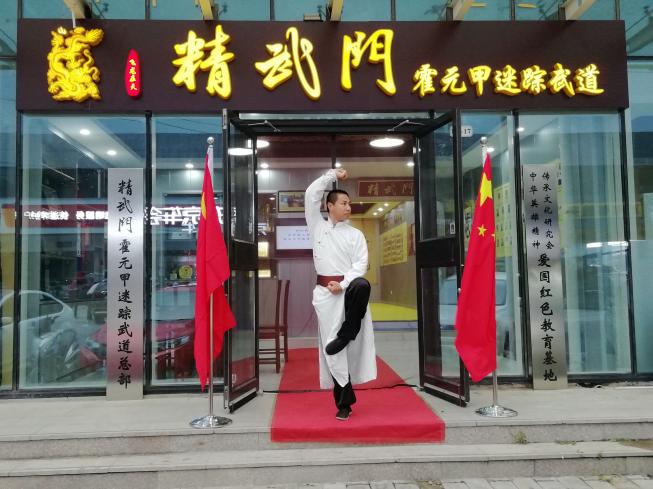
霍元甲迷蹤拳第五代傳人劉飛龍
The fifth generation successor of Huo Yuanjia’s Maze fist Liu Feilong
在海威的懇切求教下,劉飛龍先是展示了一套迷蹤拳招式:只見其身體輕靈敏捷,出拳乾淨利落,眼神與腿法形成完美的配合。看完劉飛龍老師的示範,海威禁不住連聲讚嘆,躍躍欲試。然而當他真正跟著劉飛龍老師學動作時,他才發現,雖然每個動作看似不難,但動作之間的轉換卻變幻莫測。在劉飛龍老師的悉心指導之下,他漸漸跟上了劉飛龍老師的節奏。
Under Haiwei's earnest request for teaching, Liu Feilong first demonstrated a set of Maze Fist moves: his body was light and agile, his punches were clean and neat, and his eyes and kicks formed a perfect coordination. After watching Teacher Liu Feilong's demonstration, Haiwei couldn't help but praise him repeatedly and was eager to try it. However, when he actually learned the movements from teacher Liu Feilong, he discovered that although each movement seemed easy, the transitions between movements were unpredictable. Under the careful guidance of Teacher Liu Feilong, he gradually caught up with Teacher Liu Feilong's rhythm.
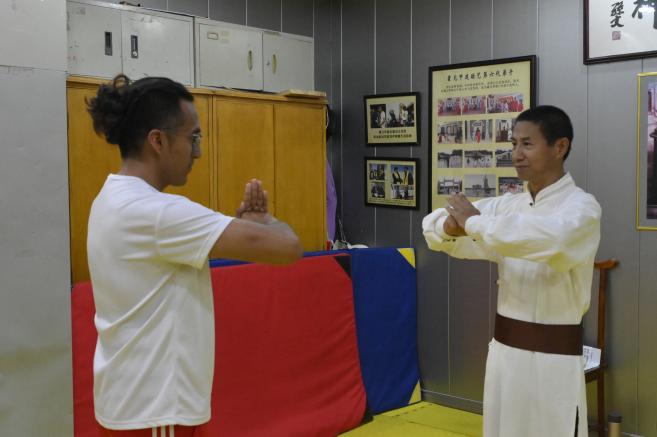
海威(左)與劉飛龍老師學習迷蹤拳
Haiwei (left) are learning Maze fist with Liu Feilong
“我覺得精武文化中的‘修身’概念令我受益匪淺”,海威感慨道,“修身不是外形身材上的強壯,而是修煉健康的身體和心靈。以前我認為學習漢語是一件很難的事情,但現在我發現學習武術文化能幫助我更好地理解這門語言和這個國家,並且讓我以更加平穩的心態去面對未來學習生活中的困難。”
"I feel that the concept of 'self-cultivation' in Jingwu culture has benefited me a lot," Haiwei said. "Cultivating yourself is not about being strong in appearance, it is about cultivating a healthy body and mind. I used to think that learning Chinese is a difficult thing, but now I find that learning martial arts culture can help me understand the language and the country better, and allow me to face the difficulties in future study and life with a more stable attitude.”
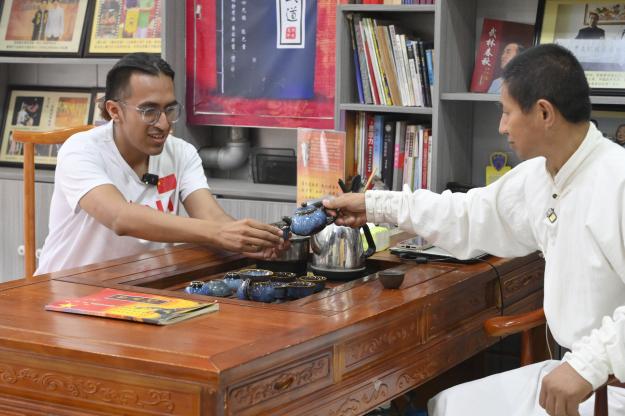
劉飛龍老師與海威深入交流
Liu Feilong talked with Haiwei
隨著交流的深入,海威了解到劉飛龍與武術的緣分也始於1983年的《大俠霍元甲》。彼時年僅8歲的劉飛龍被劇中霍元甲的愛國精神和民族氣節深深吸引,義無反顧地踏上了習武之路。
With the deepening of communication, Haiwei learned that Liu Feilong's fate with martial arts also began from "The Legendary Fok" in 1983. Liu Feilong, who was only 8 years old at the time, was deeply attracted by Huo Yuanjia's patriotism and national integrity in the drama, and embarked on the road of martial arts training without hesitation.
憑藉過人的天賦和不懈的努力,青年時期的劉飛龍已經榮譽加身,源源不斷地有人前來找他拜師學藝。儘管如此,2007年,當他下定決心要拜霍元甲曾孫霍自正為師學習迷蹤拳時,卻遭到了霍自正師父的婉拒。
With his extraordinary talent and unremitting efforts, Liu Feilong has been distinguished in his youth, and a steady stream of people came to learn from him. Even so, in 2007, when he made up his mind to learn Maze fist from Huo Zizheng, Huo Yuanjia's great-grandson, he was declined by Master Huo Zizheng.
面對霍自正師父的婉拒,劉飛龍數次登門拜訪。霍自正師父終被劉飛龍的堅持與誠意所打動,納其為弟子。迷蹤拳作為一門融合各家精髓的拳法,想要練好它是不能一蹴而就的,而多年的習武經驗為劉飛龍學習迷蹤拳打下了良好的基礎。霍自正師父經常鼓勵劉飛龍要將“愛國、修身、正義、助人”的精武精神發揚下去。
Faced with Master Huo Zizheng's polite refusal, Liu Feilong visited him several times. Master Huo Zizheng was eventually won over by Liu Feilong’s persistence and sincerity, accepting him as a disciple.Maze fist is a martial art that integrates the essence of various factions. If you want to master it well, it cannot be achieved overnight. Years of martial arts experience have laid a good foundation for Liu Feilong to learn Maze fist. Master Huo Zizheng often encouraged Liu Feilong to carry forward the Jingwu spirit of "patriotism, self-cultivation, justice, and helping others."
在劉飛龍成為霍元甲迷蹤拳第五代傳人後,他始終將精武精神內化於心,外化于行。在劉飛龍看來,世界上其他國家的武術都是競技性較強,而中國武術的精髓在於修身養性,使人達到“內外兼修”的境界。
After Liu Feilong became the fifth generation successor of Huo Yuanjia’s Maze fist, he always internalized the spirit of Jingwu in his heart and externalized it in his actions. In Liu Feilong's view, the martial arts from other countries in the world are all highly competitive, while the essence of Chinese martial arts lies in cultivating both body and mind, allowing people to achieve the state of "cultivation both internally and externally".
為了讓更多人受益於武術“修養身心”的功能,劉飛龍及其弟子與多所學校合作開展“迷蹤武道進校園”活動,意在通過教授簡化過的迷蹤拳招式幫助學生強身健體,培養更加強大的精神內核;在家鄉遼寧閭山創辦武術學校期間,為了讓更多的孤兒有機會接觸武術,劉飛龍親自到遼寧省孤兒學校與校領導商議,希望他們利用假期時間送學生到武校學習一些基本的防身術。“在我心中,精武精神中的‘正義’和‘助人’之所以連在一起,正是因為正義並不一定是要去做一些‘大事’,而是可以從小事做起,從人與人之間的互相幫助做起。”
In order to allow more people to benefit from "cultivating both mind and body" function of martial arts, Liu Feilong and his disciples cooperated with many schools to carry out the "Maze fist Martial Arts into Campus" activity, aiming to help students strengthen their physical fitness by teaching simplified Maze fist moves and cultivate a stronger spiritual core; when establishing a martial arts school in his hometown of Yiwulu Mount, Liaoning, in order to let more orphans have access to martial arts, Liu Feilong personally went to the orphan school in Liaoning Province to discuss with the school leaders, hoping that they would use their vacation time to send students martial arts school to learn some basic self-defense techniques. "In my mind, the reason why 'justice' and 'helping others' in the Jingwu spirit are connected is precisely because justice does not necessarily mean doing some 'big things', but can start from small things and start with helping each other.”
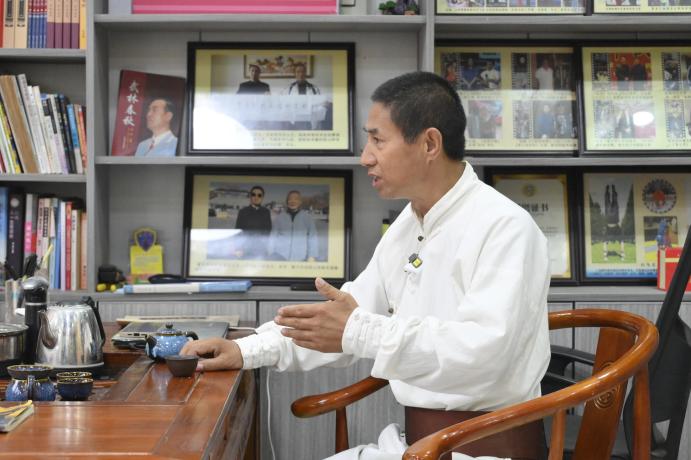
劉飛龍老師介紹精武門歷史
Liu Feilong introduced the history of Fist of Fury
“精武在創立之初就摒棄門戶之見,熔各派于一爐,開創了一個百花齊放,共同發展的新局面”,劉飛龍介紹道,“所以我認為精武武術不僅屬於中國,也屬於世界。我希望能夠推動這種超越國界的文化傳得更遠,從而更好地服務社會和民眾,讓更多人感受到精武武術的魅力和價值。”
"When Jingwu was founded, it blended the best of various schools, created a new era of diverse and harmonious development" . Liu Feilong said. "So I think Jingwu Martial Arts not only belongs to China, but also belongs to the world. I hope I can promote this culture which transcends national borders to spread further, to better serve society and the people, and let more people feel the charm and value of Jingwu Martial Arts.”



